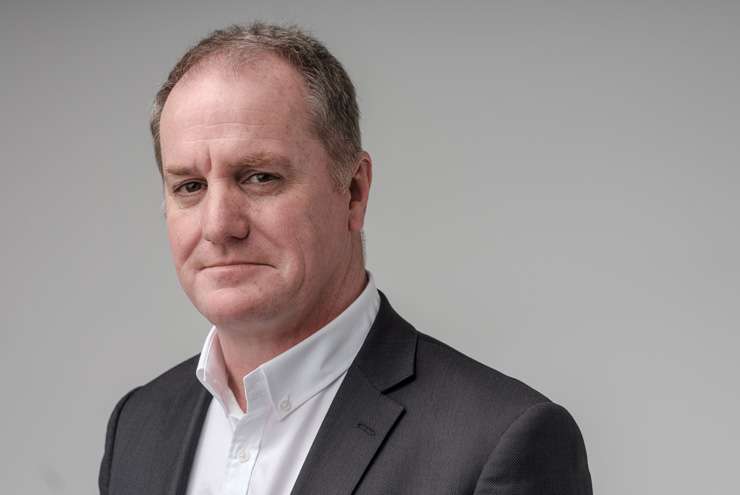COMMENT: If you’re a regular player of the world-wide phenomenon Wordle, you have some idea of how economic commentators make their regular predictions about the housing market. In fact, the process by which commentators form their views is remarkably similar to the way in which players of the New York Times-sponsored game arrive at their daily solution.
In Wordle, players are required to identify the five-letter word of the day, in six moves or less, by guessing letters with no clues from which to start. However, this isn’t as difficult as it sounds because each turn identifies incorrect letters which players know not to use again. In this way, by the third move, players are starting to close in on the likely answer having eliminated many obviously wrong options.
This is essentially what good economic commentators do too. They review the market, and discard the things which can safely be ignored, allowing them to focus on a narrow range of likely outcomes. This approach stood me in good stead between the early 2000s and 2020 and gave me an accuracy rate of over 93%, which was, as far as I’m aware, the highest of any commentator in the industry.
However, such predictions require an element of long-term consistency and, with the extraordinary upheavals in the global economy since 2020, most predictions – including my own – were thrown out the window.
Start your property search
For this reason, my predictions for 2023 are presented differently. This year, they come in the form of an either/or option – outlining what is likely to happen depending on what else is going on in the economy and broader nation.
1. Mortgage Interest rates
The movement of interest rates in 2023 is entirely dependent on what happens with inflation.
- If inflation continues to increase, or even stays at the same level, mortgage interest rates will continue to increase more or less in line with Reserve Bank moves to hike the OCR.
- If inflation starts to come down, the Reserve Bank will stop increasing the OCR and may even start slowly reducing it – possibly even leading to a gradual drop in interest rates toward the latter half of the year.

Ashley Church: “Overall, 2023 will be another difficult year for the housing market.” Photo / Ted Baghurst
2. House prices
The short-term trajectory of house prices is almost entirely dependent on what happens with mortgage interest rates.
- If mortgage interest rates continue to increase, house prices will continue to drop in many (although not all) locations around the country.
- If mortgage interest rates come down, or even stop rising, confidence will slowly return to the market and house prices will flatten – although it will be 18 months, or more, before house prices start to return to their long-term upward cyclic trend, starting with Auckland.
3. Rental prices
The longer-term projection for renters is largely dependent on whether new investors start coming into the market. If they don’t there will be a rental shortage, leading to significant increases in rents, within two years. However, in the short term:
- If mortgage interest rates continue to increase, average rentals will climb strongly as investors seek to mitigate significant losses.
- If mortgage interest rates stop increasing, average rentals will continue to climb, but only at around the average of the past five years as investors seek to partially recover the new costs imposed on them in recent years.
4. Housing stock
The idea that we had a shortage of houses was a myth, and now we’re in danger of the market being saturated with excess houses.
- If construction continues at previously projected levels, we will end up with a glut of houses which will add to downward house price pressure and take two or three years to clear (although this is unlikely as banks are already pulling finance from construction projects)
- If construction tapers off, we will probably avoid a glut and equilibrium will return to supply.
5. Reserve Bank lending rules
The lending restrictions of previous years received little attention in 2022 as the focus of the Reserve Bank moved to doing its real job (fighting inflation).
- If inflation continues to increase, or even stays at the same level, there will be no talk of any changes to the silly rules, introduced by the Reserve Bank in previous years.
- If inflation starts to come down, the Reserve Bank may, once again, table ideas around a review of the pernicious Loan-to-Value ratio restrictions and look to formalise it’s bizarre ideas around the introduction of debt-to-income lending restrictions.
Overall, 2023 will be another difficult year for the housing market – with the extent of that difficulty being determined, mostly by what happens to inflation in the likelihood of a change of Government in October.
- Ashley Church is a property commentator for OneRoof.co.nz and a real estate business owner. Email him at [email protected]

















































































